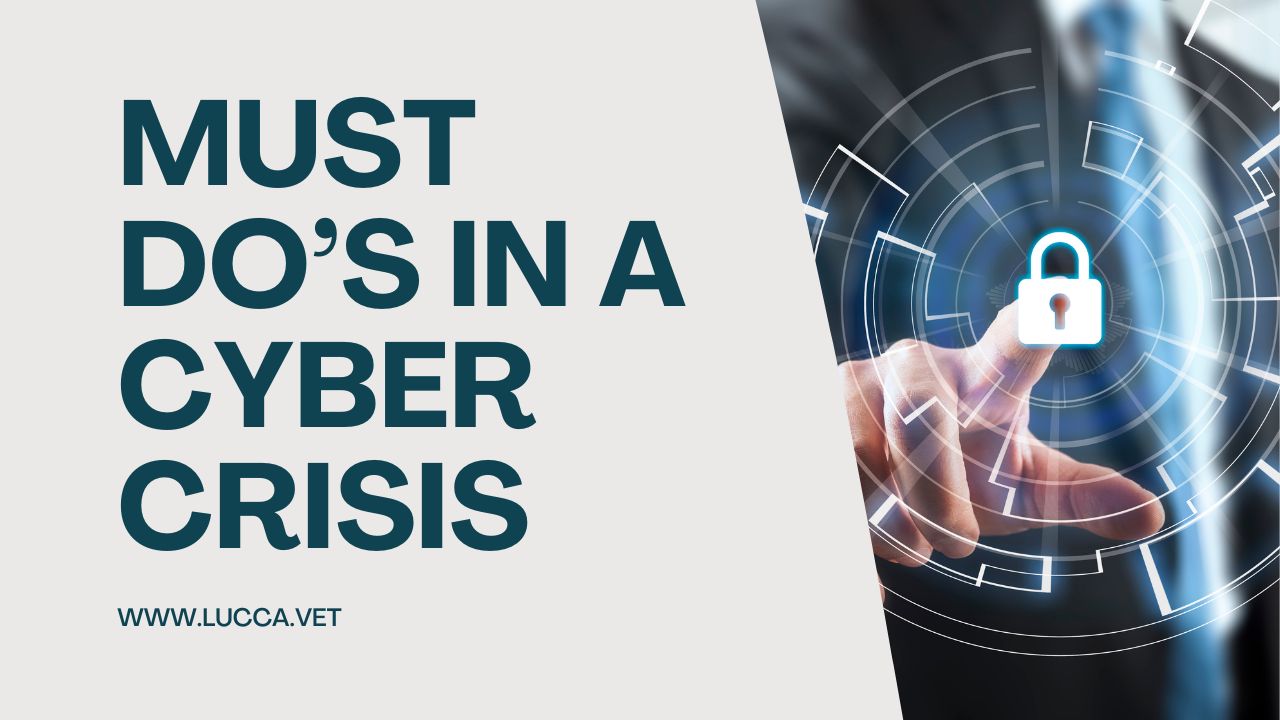Improve your clinic’s internal network with our customized veterinary IT networking services. From system configuration to access control, we ensure your network is secure, fast, and reliable.
Check out our library of FREE eBooks!
Innovate
Consultation
Business
Empower
Innovate
Consultation
Business
Empower
The Best Veterinary IT Support In The Nation
At LUCCA Veterinary Data Security, our experienced IT professionals provide tailored veterinary IT support services to help you uphold high standards in technology and cybersecurity—without disrupting your daily operations. Discover how our solutions can protect and enhance your veterinary practice.
Wide Range of Veterinary IT Services
Reliable veterinary IT services are essential for the long-term success of your animal hospital or clinic. With today’s fast-paced digital environment, keeping your systems secure and up to date is critical. However, managing this alongside patient care can be overwhelming.
That’s where our expert IT team comes in. With years of experience in veterinary-specific tech support, we’re here to simplify your practice’s digital needs.
Secure your veterinary data in the cloud with encrypted, remote storage options. We’ll migrate your records safely to a trusted cloud environment—giving you access, convenience, and peace of mind.
Whether you’re building an IT system from the ground up or upgrading your current setup, LUCCA Veterinary Data Security delivers reliable hardware and software solutions to strengthen your foundation and support efficient care.
Modernize your veterinary operations by integrating the latest apps and systems. Our IT solutions streamline data management and daily workflows so your team can focus on patient care—not tech issues.
Protect your veterinary practice from cyber threats with 24/7 security monitoring. Our IT specialists proactively detect and respond to risks, keeping your patient records and business data safe from unauthorized access.
Sign up for our Race Approved CE Course featuring Veterinary IT Fundamentals!

Why Do I Need Veterinary IT Support?
Managing a veterinary clinic involves more than patient care—it also means protecting your business’s digital assets. With rising cyber threats and evolving software, it’s vital to have a professional IT team in your corner.
Once a third party accesses your veterinary data, they can immediately use that information for ill intent. Protect your business’ and your patients’ data. Consult with our experts to determine whether our suite of support services is suited for your practice.
Why Our Clients Love Us
Hear from our satisfied clients who have experienced the transformative power of Lucca's IT solutions.
Dedicated Professionals With a Diverse Expertise
Clint Latham, J.D.
Logan Kroll-Gunter
John Oppelaar

We Are Committed to Being Trusted Partners in Your Digital Journey
At LUCCA Veterinary Data Security, we know every veterinary clinic is unique. That’s why our IT support services are custom-built to meet your specific needs—from data protection to system upgrades. You don’t have to be an IT expert to secure your practice—we’re here to help you every step of the way.
Get in touch with our team today to discuss the specifics of your practice and establish your IT goals. Once we know what you want to achieve and maintain, we will apply our expertise and resources in meeting your demands. Discover how our specialty veterinary IT services can further improve your success.Learn the simple steps to start protecting your hospital for FREE!














